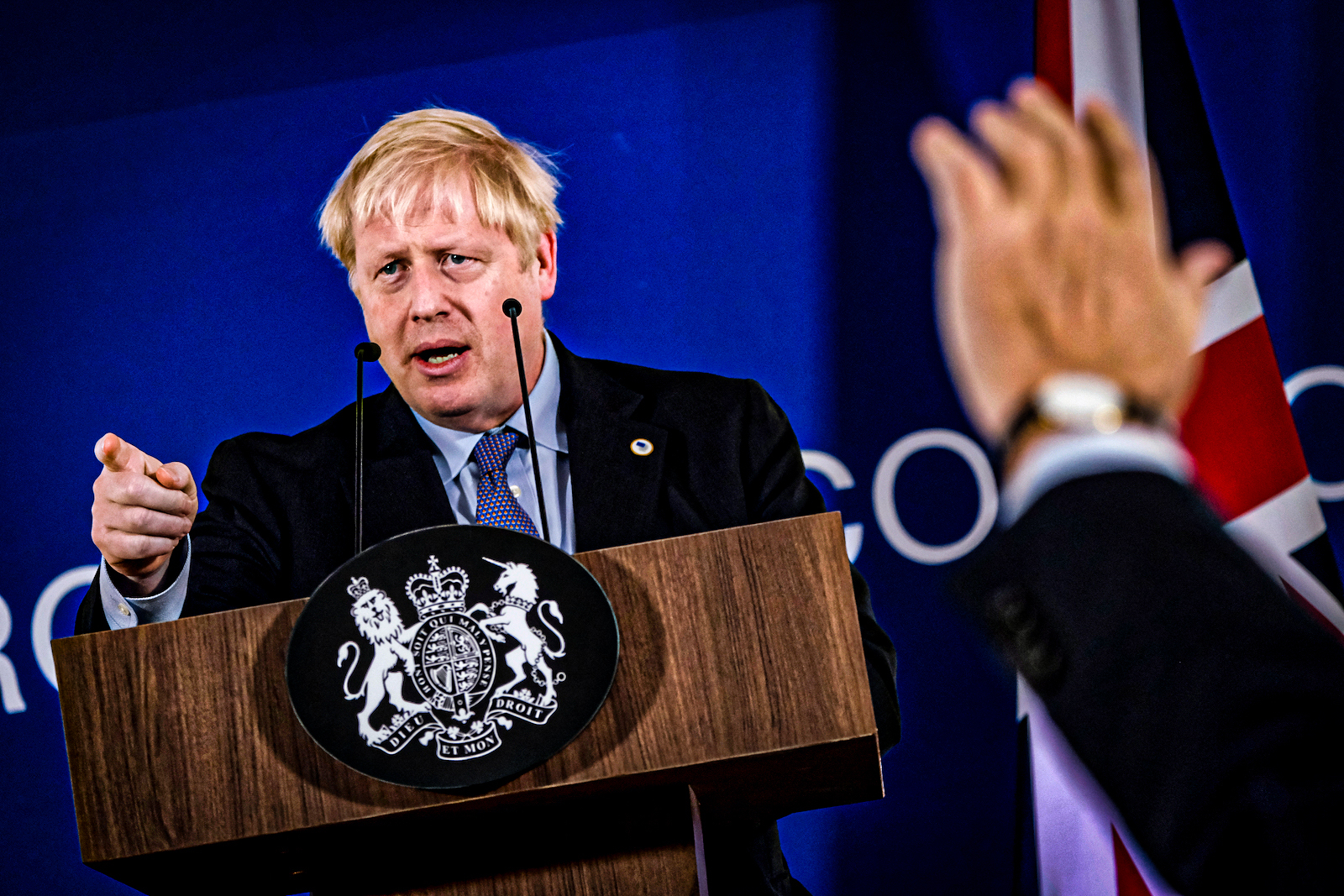
The ‘Culture Wars’ Arrive to the UK Conservative Leadership Race
It is unlikely that the politics of division and distraction will end with Boris Johnson’s tenure as the populist project will be reframed around another one of his acolytes.
The country is facing a situation that threatens the worst fall in living standards since 1945, a country with some of the worst regional inequality in the developed world, rampant inflation, a war in Europe that threatens to reshape the world order, and the progressively worsening effects of climate change, and some candidates are running on platforms of tackling so-called ‘woke issues’ as a priority. This is the calibre of politician the Conservative Party holds up as leadership material.
Perhaps this should come as no surprise, Johnson has attacked the wedge issues of LGBTQ rights and Black Lives Matter as a means of drawing support away from Labour and the Liberal Democrats and as a means of cloaking his own ineptitude.
The Australian political strategist, Lynton Crosby, and his tactics were discussed by Boris Johnson in a Telegraph article: “There is one thing that is absolutely certain about throwing a dead cat on the dining room table – and I don’t mean that people will be outraged, alarmed, disgusted. That is true, but irrelevant. The key point, says my Australian friend, is that everyone will shout, ‘Jeez, mate, there’s a dead cat on the table!’ In other words, they will be talking about the dead cat – the thing you want them to talk about – and they will not be talking about the issue that has been causing you so much grief.”
Conservative Party candidates vying to replace Johnson long ago adopted the ‘dead cat’ wedge style of populism that obfuscates from their true competence.
Suella Braverman and Kemi Badenoch, both leadership contenders, have been paying attention to this version of divide and conquer. Braverman, now removed from the leadership race after the latest round of voting, wrote in her pitch, “Winning the struggle against identity politics is critical…We’re tying ourselves in knots over problems and vocabulary that no one had even heard of a decade ago. Let’s rediscover common sense,” which reads as quite clearly a dog whistle to those uncomfortable with heightened levels of trans visibility and trans rights.
Badenoch focuses on similar issues suggesting, “The right has lost its confidence and courage and ability to defend the free market as the fairest way of helping people prosper…It’s been undermined by retreating in the face of the Ben Jerry’s tendency, those who say a business’s main priority is social justice, not productivity and profits,” suggestive of a candidate obsessed with the conservative cajoling rhetoric of diversity and inclusivity as a negative, despite the fact numerous studies conclude that inclusivity in the workplace increases productivity.
Other candidates have roundly attacked Penny Mordaunt’s supposedly ‘pro woke’ stance, criticising her position in a 2018 cabinet discussion where she reportedly described trans rights as “the fight of our age.” Mordaunt has now sought to extract herself from this position of empathy and protect herself from damage, making the puerile comment: “But let me deal with the issue floating around in the background. It was Margaret Thatcher who said that ‘every Prime Minister needs a Willie.’ A woman like me doesn’t have one.” This weaponizing of stigma against roughly 0.7 percent of the population indicates a raft of candidates with a lack of engaging vision and a Conservative Party bereft of actual ideas.
It was David Cameron in the coalition government that sought to try and detoxify the conservative brand, poignantly pushing through gay marriage and showing that conservatives could adapt to social change. Perhaps the party’s current toxicity will alienate swathes of younger voters, indignant at the party’s commitment to division for political gain.
It seems likely that most of the present candidates’ posturing does so to appeal to the overwhelmingly aging, male and southern conservative membership base, the 100,000 or so who will decide between the final two candidates after the present field has been reduced by MP’s voting. Whilst these tactics may appeal to this segment of the population, conservatives may want to take warning from the deployment of feverish attacks on so-called ‘woke’ issues in a general election. Former Australian prime minister, Scott Morrison, tried to attack trans people In the 2022 Australian election to no avail.
What does seem clear is that sustained attacks on wedge issues for the rest of the Conservative’s time in government is almost a given, a sad indictment of an American populist transfusion into British politics.

